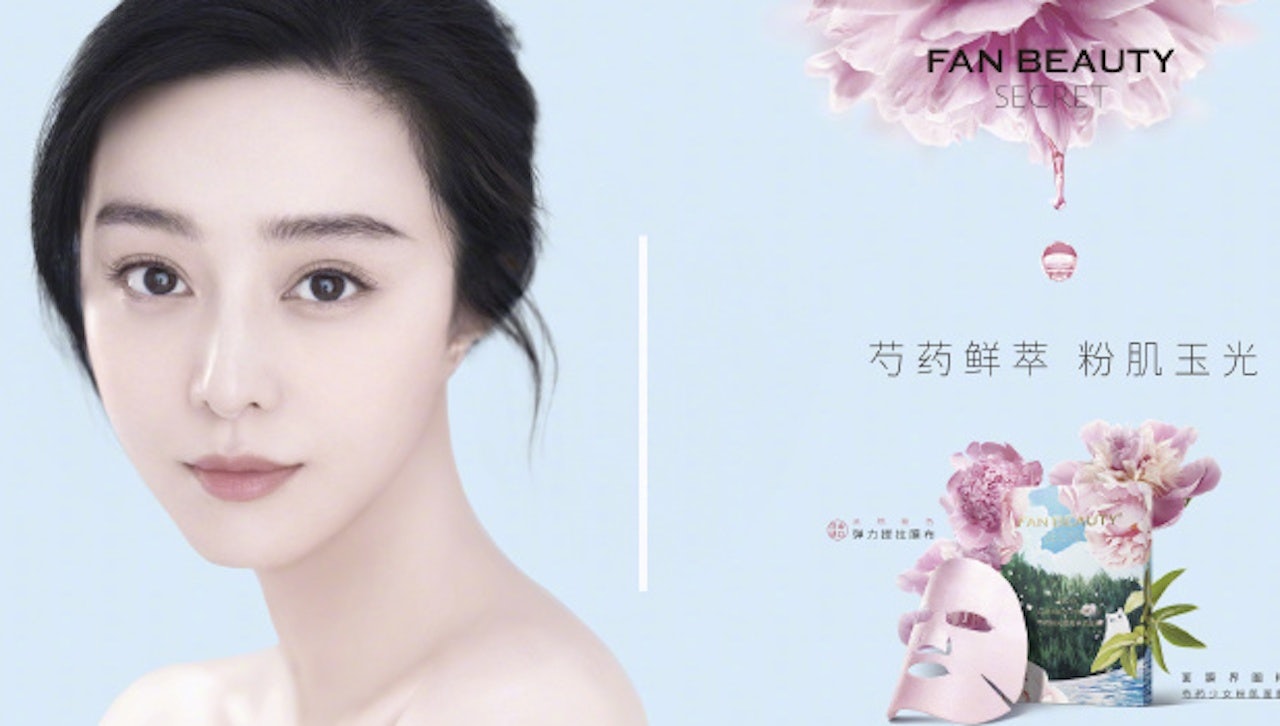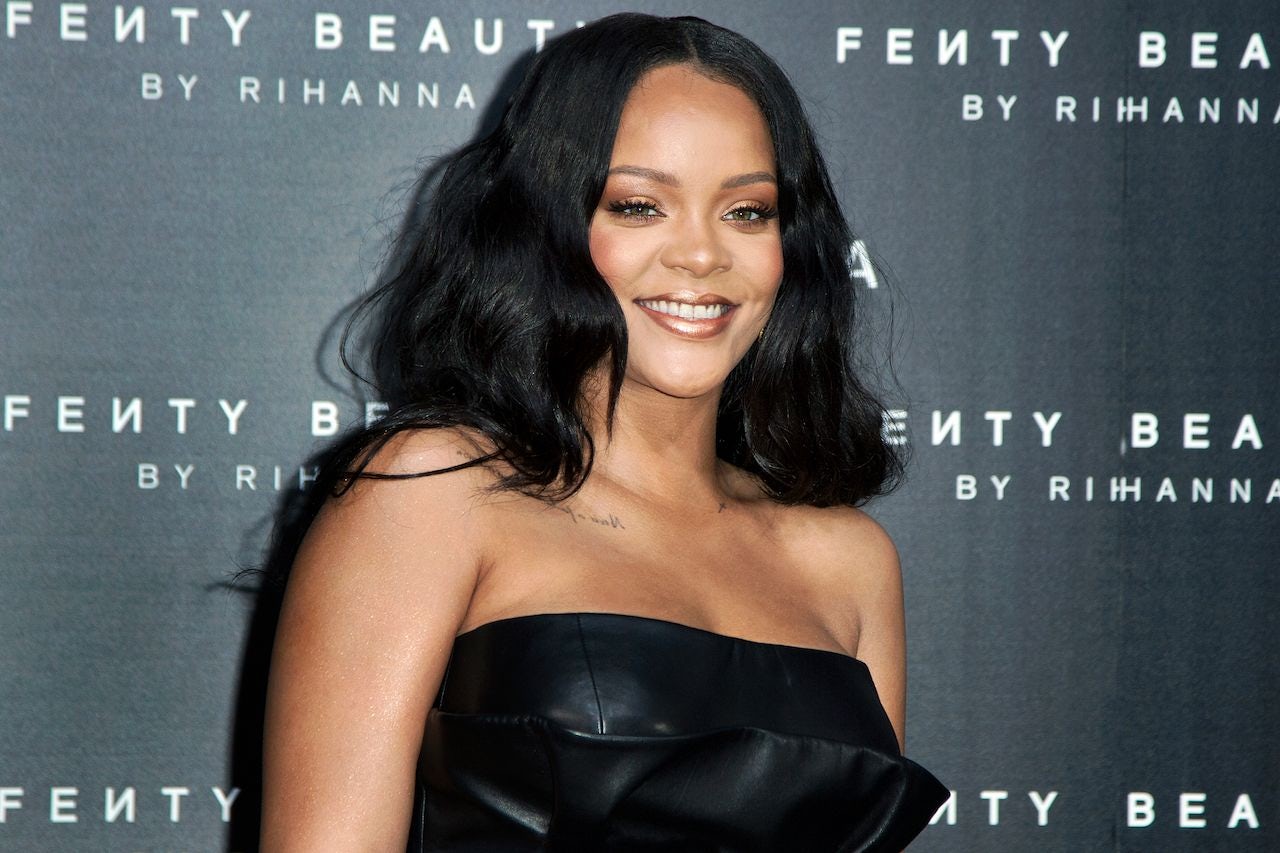The Jing Take reports on a piece of the leading news and presents our editorial team’s analysis of the key implications for the luxury industry. In the recurring column, we analyze everything from product drops and mergers to heated debate sprouting on Chinese social media.
What happened
Celebrity-created beauty brands have not only become a global trend, but also have proven to be increasingly mature businesses. Take Rihanna’s Fenty Beauty, which is backed by LVMH, and is on a fast tract to selling internationally. And in China, there's Fan Beauty, which was created by superstar Fan Bingbing, and was the top-performing beauty brand on Tmall during Singles' Day, reaching 400 million in sales.
The commercial success of Fan Beauty has been seen as a breakthrough, especially given her widely publicized tax evasion issues in 2018. Before then, she was a closely associated with many first-tier luxury brands like Louis Vuitton, Montblanc, De Beers, and Valentino. Since then, her public appearances at luxury brand events has decreased dramatically, as has her personal finances.
However, the superstar was able to fall back to her beauty blogging career. Fan started documenting beauty tips and makeup routines on Little Red Book long before the tax scandal. Her honest feedback on beauty products won back many people’s hearts, which made the launch of her personal brand easier.
Bottom line#
Despite some consumer complaints on the high price of her facial masks, Fan Beauty has been able to thrive on its own. According to Chinese WeChat media Netvoices' research on consumers’ purchase intent for the brand, even though Fan’s star influence has decreased from 86.08% to 39.48%, consumers are still purchasing the brand, opting for product quality over celebrity. Given this, the rise of celebrity-created brands makes for an interesting case study on how many celebrities are now smartly diversifying their revenue stream. Will these upstart brands pose serious competition to established luxury brands? Time will tell. But as more influencers and celebrities amplify their personal value through their own brands, luxury brands will be challenged to tell a more compelling story that resonates with younger consumers if they want to remain successful.

